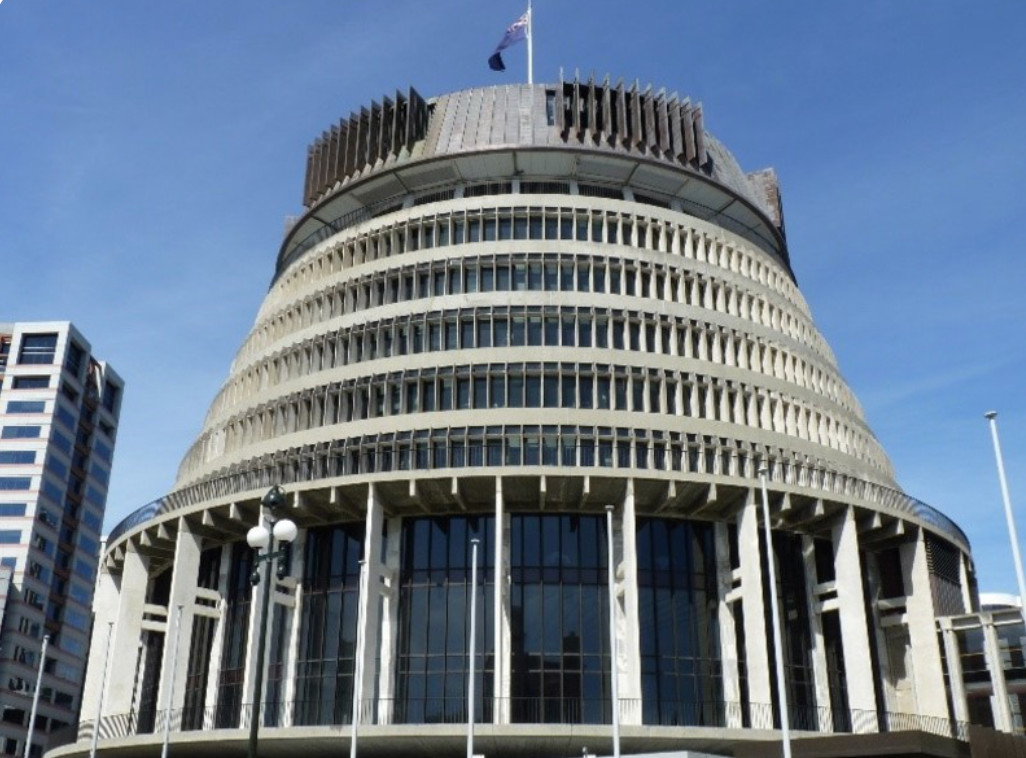Competition authority review of unregulated legal advice
Lawyers: don't hold your breath waiting for more regulation

Many solicitors will rejoice as the competition watchdog begins an investigation into unregulated will-writers, online divorce and prepaid probate services. They will relish the prospect of the government reserving those activities to regulated lawyers and driving unregulated competition out of the market.
But that is not going to happen.
The scope of the Competition and Markets Authority investigation is limited. It wants to “hear about people’s experiences amid concern that unregulated providers are not complying with consumer protection law”.
The authority puts this in the context of the greater choice that a liberalised legal market has delivered over the past ten years. “Alternative providers very often offer services that are innovative and convenient for consumers, and that can be cheaper too,” says the authority.
It is worth remember that about ten years ago, the Legal Services Board — the profession’s overarching regulator — recommended that will-writing be reserved to lawyers. But Chris Grayling, the then justice secretary, rejected that recommendation. The limited evidence of consumer harm since then and the innovation that has emerged show that Grayling was right and the board wrong.
Recently launched businesses in will-writing and divorce (such as Farewill and Amicable) have revolutionised those services. They have established themselves as market leaders, with a volume of work and level of satisfied customers that most law firms would envy.
As a result, competition regulators will want to protect these innovations while clamping down on the bad behaviours and disregard for basic consumer law that is happening in these markets.
Misleading pricing, unfair contract terms and avoiding responsibility for work done are all probable breaches of consumer law and the authority has a strong record in tackling these sorts of consumer abuses without resorting to more regulation.
There is no need for more regulation or standards. The problems that the CMA is concerned about breach existing standards. It is enforcement that is lacking and that is where the authority may focus.
Direct enforcement action against the worst offenders is possible if the CMA sees enough evidence of consumer law breaches. It may also gain commitments from firms to change certain behaviours. And it may work with firms to produce a voluntary code for compliance with good consumer standards.
What is missing from this is policing and enforcement of consumer law against the unregulated — and perhaps the regulated — legal market. Trading Standards rarely has the resources or sector expertise to tackle market-wide problems.
If the Solicitors Regulation Authority, as the largest legal watchdog, had the power to enforce consumer law against unregulated legal services providers, there could be an improvement in compliance without the need for more regulation. That would be good for consumers, which is the only test that matters.
This blog first appeared as a comment piece in The Times 3 August 2023 (paywall) titled Death and Divorce: the revolution is not over










